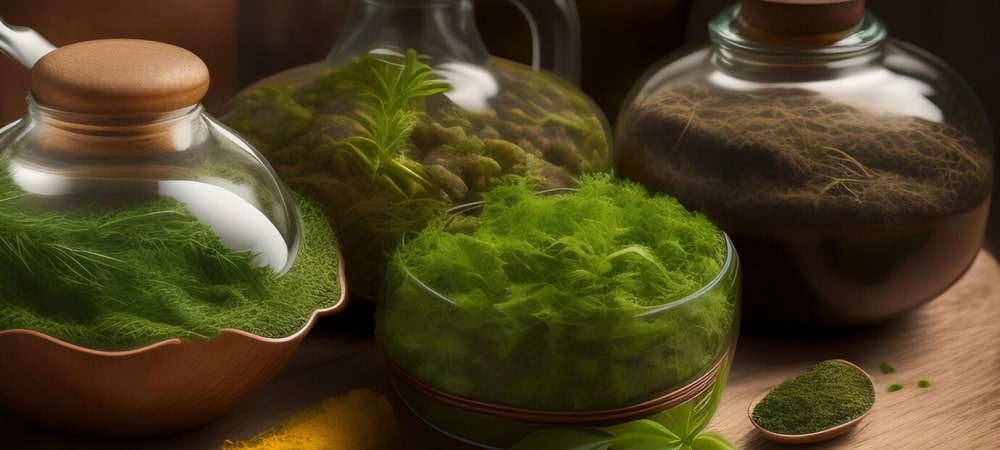
For inquiries, contact us at info@ayurvedicsarbrog.com or call +91 095921 20000. Stay updated on our latest offers and wellness tips.

In the realm of herbal remedies, few plants carry as much cultural and medicinal significance as Tulsi. Also known as Holy Basil, this revered herb has been cherished in Ayurvedic medicine for thousands of years. Its journey from being a sacred plant in Indian culture to a modern health hero is truly remarkable.
Let’s delve into the rich history and health benefits of Tulsi, and explore why it continues to capture the interest of researchers and health enthusiasts worldwide.
Tulsi (Ocimum sanctum) holds a sacred place in Hindu mythology, where it is believed to be an incarnation of the goddess Tulsi. This association with divinity has made Tulsi an integral part of religious rituals and daily life in many Indian households. From warding off evil spirits to symbolizing purity and prosperity, Tulsi’s significance transcends mere botanical status.
Beyond its cultural importance, Tulsi boasts a plethora of health benefits backed by scientific research. Here are some notable ones:
Tulsi is rich in antioxidants and exhibits immunomodulatory properties, which help strengthen the body’s defence against infections and diseases.
The adaptogenic properties of Tulsi make it an effective stress reliever. It helps balance cortisol levels, thereby promoting relaxation and mental well-being.
Tulsi’s anti-inflammatory and antimicrobial properties make it beneficial for respiratory conditions such as asthma, bronchitis, and coughs.
Tulsi aids digestion by soothing the stomach, reducing bloating, and promoting the secretion of digestive enzymes.
Studies suggest that Tulsi may help lower cholesterol levels and regulate blood pressure, thus reducing the risk of heart disease.
With growing interest in natural remedies, Tulsi has found its way into various forms, including supplements, teas, and essential oils. Its adaptability and wide-ranging benefits have led to its incorporation in numerous wellness products, catering to diverse health needs.
Table: Comparison of Tulsi Varieties
| Variety | Description | Main Benefits |
| Rama Tulsi | Bright green leaves with a lemony aroma | Stress relief, immune support |
| Krishna Tulsi | Purple-hued leaves with a peppery flavor | Respiratory health, antioxidant properties |
| Vana Tulsi | Wild variety with light green leaves | Adaptogenic, digestive aid |
Tulsi’s therapeutic properties have made it a staple ingredient in Ayurvedic formulations for centuries. Its versatility allows it to be used in various forms, including powders, extracts, and oils. In Ayurveda, Tulsi is often combined with other herbs to enhance its efficacy and target specific health concerns. Whether treating respiratory ailments, digestive issues, or stress-related conditions, Tulsi’s presence in Ayurvedic medicines underscores its importance as a potent healer in traditional healthcare systems. These medicines often include: